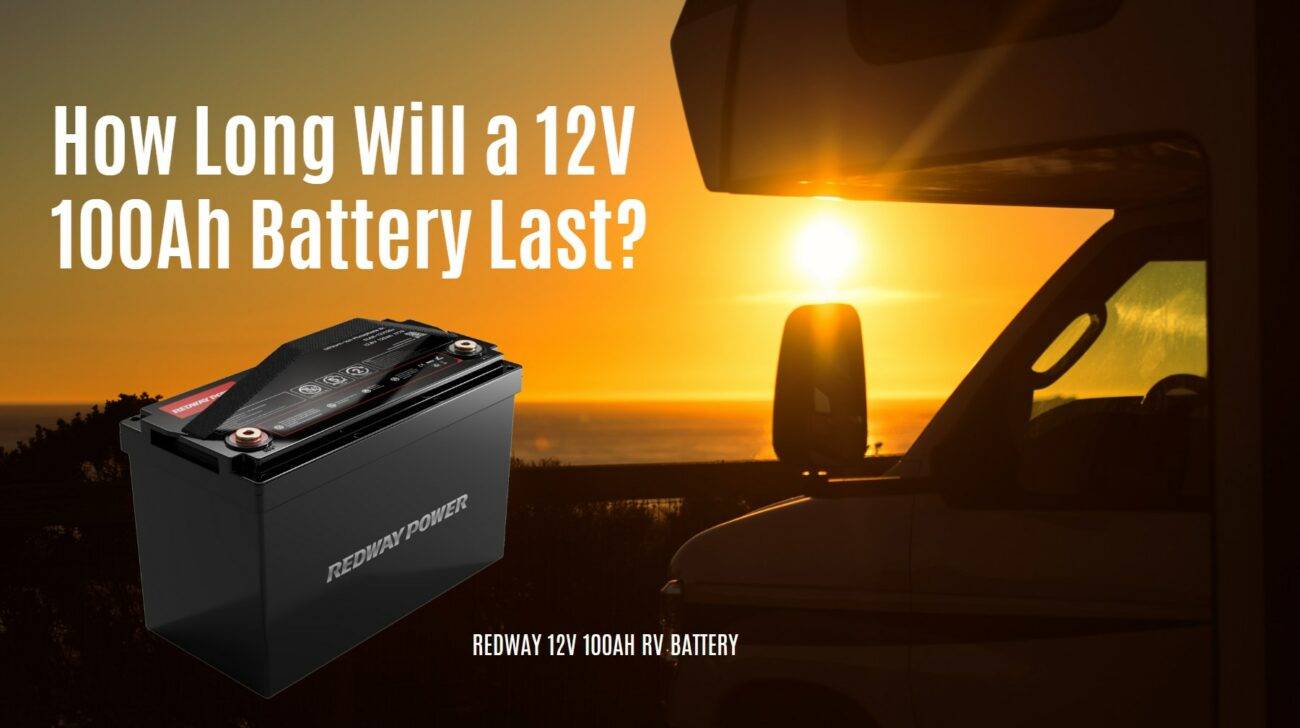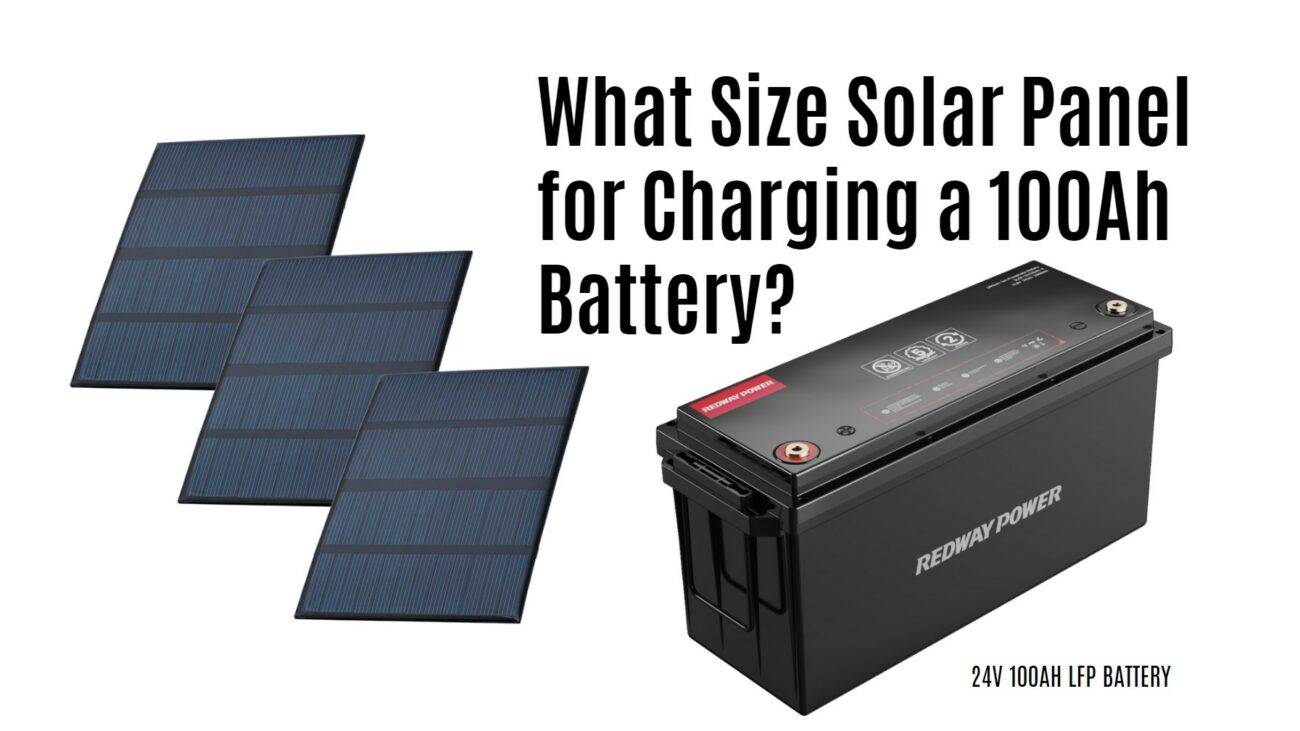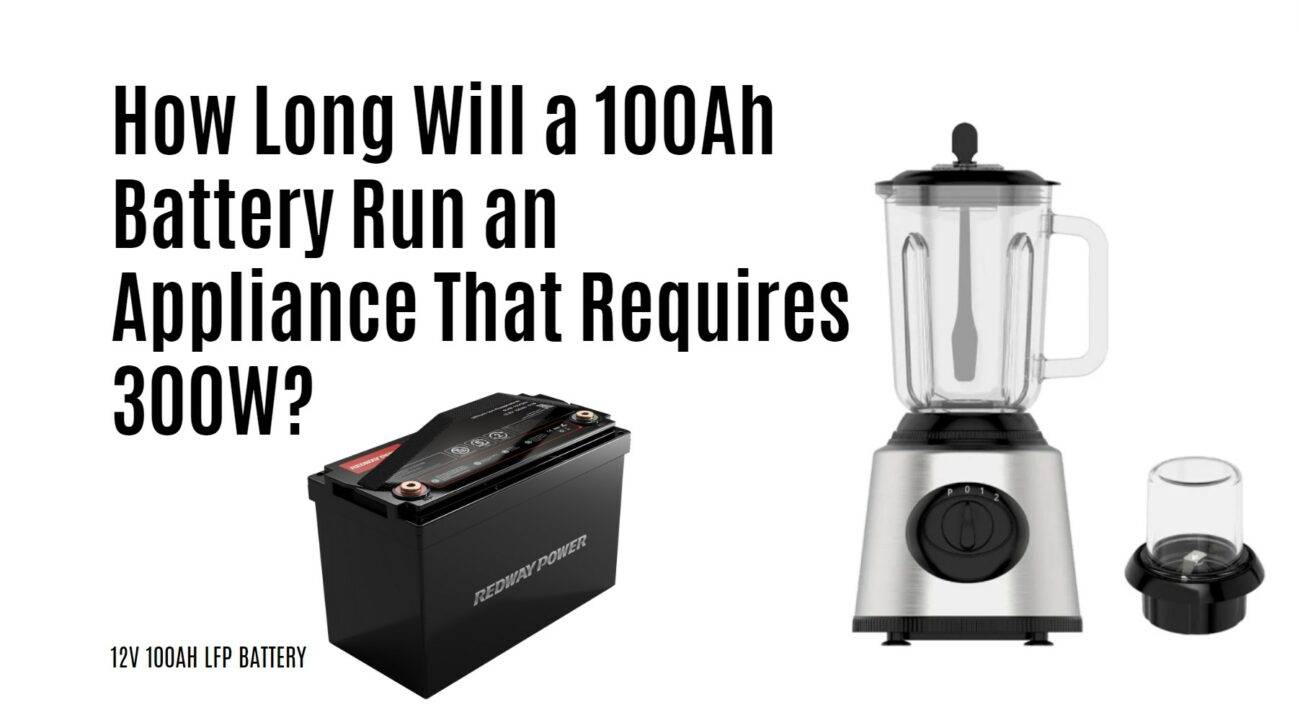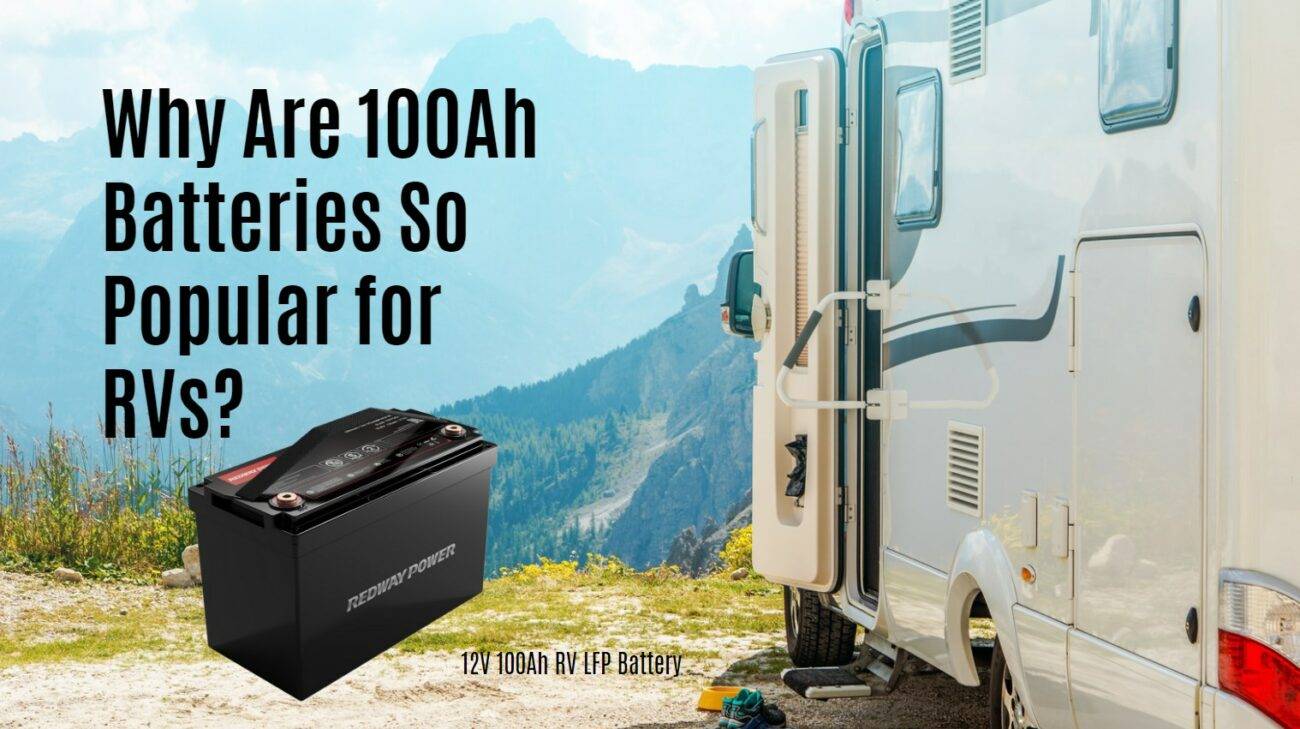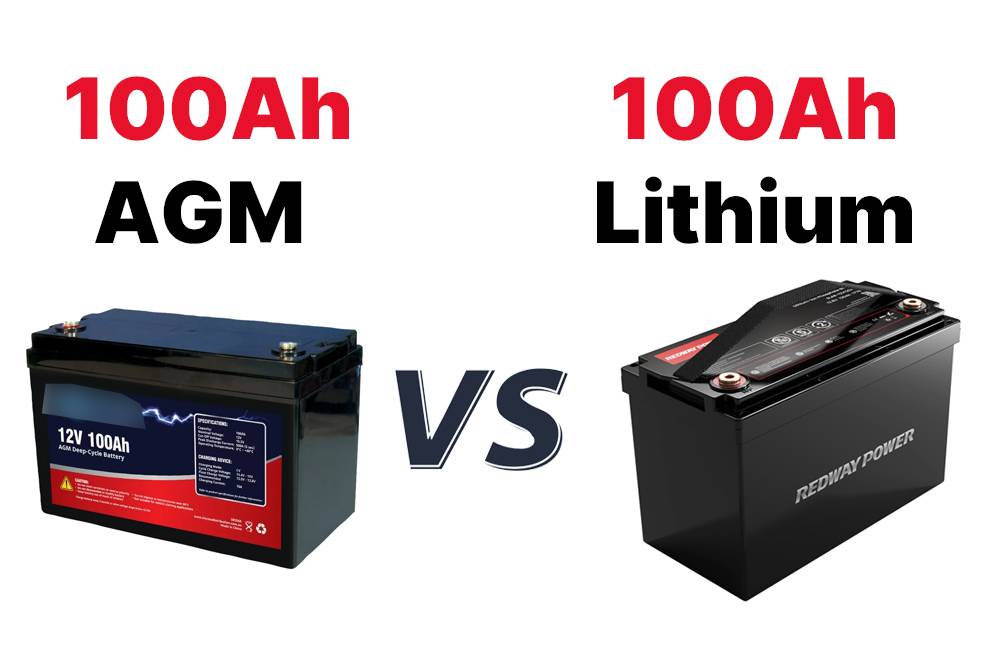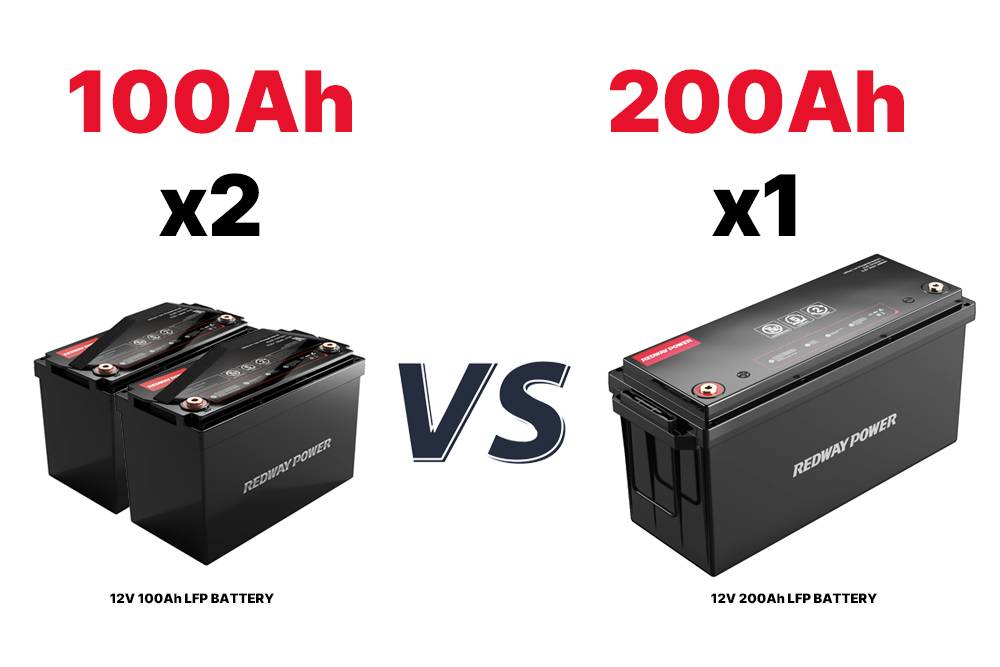- Rack-mounted Lithium Battery
- Golf Cart Lithium Battery
-
Golf Cart Lithium Battery
- 36V 50Ah (for Golf Carts)
- 36V 80Ah (for Golf Carts)
- 36V 100Ah (for Golf Carts)
- 48V 50Ah (for Golf Carts)
- 48V 100Ah (Discharge 100A for Golf Carts)
- 48V 100Ah (Discharge 150A for Golf Carts)
- 48V 100Ah (Discharge 200A for Golf Carts)
- 48V 120Ah (for Golf Carts)
- 48V 150Ah (for Golf Carts)
- 48V 160Ah (Discharge 100A for Golf Carts)
- 48V 160Ah (Discharge 160A for Golf Carts)
-
Golf Cart Lithium Battery
- Forklift Lithium Battery
- 12V Lithium Battery
- 24V Lithium Battery
- 36V Lithium Battery
- 48V Lithium Battery
-
48V LiFePO4 Battery
- 48V 50Ah
- 48V 50Ah (for Golf Carts)
- 48V 60Ah (8D)
- 48V 100Ah (8D)
- 48V 100Ah
- 48V 100Ah (Discharge 100A for Golf Carts)
- 48V 100Ah (Discharge 150A for Golf Carts)
- 48V 100Ah (Discharge 200A for Golf Carts)
- 48V 150Ah (for Golf Carts)
- 48V 160Ah (Discharge 100A for Golf Carts)
- 48V 160Ah (Discharge 160A for Golf Carts)
-
48V LiFePO4 Battery
- 60V Lithium Battery
-
60V LiFePO4 Battery
- 60V 20Ah
- 60V 30Ah
- 60V 50Ah
- 60V 50Ah (Small Size / Side Terminal)
- 60V 100Ah (for Electric Motocycle, Electric Scooter, LSV, AGV)
- 60V 100Ah (for Forklift, AGV, Electric Scooter, Sweeper)
- 60V 150Ah (E-Motocycle / E-Scooter / E-Tricycle / Tour LSV)
- 60V 200Ah (for Forklift, AGV, Electric Scooter, Sweeper)
-
60V LiFePO4 Battery
- 72V~96V Lithium Battery
- E-Bike Battery
- All-in-One Home-ESS
- Wall-mount Battery ESS
-
Home-ESS Lithium Battery PowerWall
- 24V 100Ah 2.4kWh PW24100-S PowerWall
- 48V 50Ah 2.4kWh PW4850-S PowerWall
- 48V 50Ah 2.56kWh PW5150-S PowerWall
- 48V 100Ah 5.12kWh PW51100-F PowerWall (IP65)
- 48V 100Ah 5.12kWh PW51100-S PowerWall
- 48V 100Ah 5.12kWh PW51100-H PowerWall
- 48V 200Ah 10kWh PW51200-H PowerWall
- 48V 300Ah 15kWh PW51300-H PowerWall
PowerWall 51.2V 100Ah LiFePO4 Lithium Battery
Highly popular in Asia and Eastern Europe.
CE Certification | Home-ESS -
Home-ESS Lithium Battery PowerWall
- Portable Power Stations
Choose two 100Ah Lithium Batteries or one 200Ah Lithium Battery?

When deciding between two 100Ah lithium batteries or one 200Ah lithium battery for your power needs, several factors come into play, including capacity, weight, flexibility, and cost. Understanding these aspects will help you make an informed decision that best suits your specific requirements.
What Are the Key Differences Between Two 100Ah Batteries and One 200Ah Battery?
The primary differences between using two 100Ah lithium batteries versus a single 200Ah battery include:
- Capacity: Both configurations provide the same total capacity (200Ah), but how that capacity is utilized can differ.
- Weight Distribution: Two smaller batteries may offer better weight distribution options in certain setups.
- Cost: The total cost may vary depending on the brand and features of the batteries.
| Feature | Two 100Ah Batteries | One 200Ah Battery |
|---|---|---|
| Total Capacity | 200Ah | 200Ah |
| Weight Distribution | More flexible | Concentrated weight |
| Cost | Potentially higher | Typically lower |
Why Might You Choose Two 100Ah Batteries?
Choosing two 100Ah batteries can be beneficial for several reasons:
- Redundancy: Having two batteries provides a backup if one fails, ensuring that you still have power.
- Flexibility in Setup: Smaller batteries can be arranged in various configurations to fit different spaces in an RV or boat.
- Easier Handling: Lifting and installing two smaller batteries can be easier than managing a single larger battery.
Advantages of Two 100Ah Batteries
| Advantage | Description |
|---|---|
| Redundancy | Backup power supply if one battery fails |
| Flexible Configuration | Easier to fit in tight spaces |
| Manageable Weight | Lighter individual units for easier handling |
What Are the Benefits of Using One 200Ah Battery?
Opting for one 200Ah battery also has its advantages:
- Simplicity: Fewer connections mean less potential for issues with wiring and maintenance.
- Space Efficiency: A single battery may take up less overall space compared to two separate units.
- Cost-Effectiveness: Often, purchasing one larger battery can be cheaper than buying two smaller ones.
Advantages of One 200Ah Battery
| Advantage | Description |
|---|---|
| Simplicity | Fewer connections reduce complexity |
| Space Efficiency | Takes up less physical space |
| Cost-Effectiveness | May be cheaper than buying two smaller batteries |
How Do Charging Times Compare Between Two 100Ah and One 200Ah Battery?
Charging times can vary based on the configuration:
- Two 100Ah Batteries: Each battery charges independently, which could potentially lead to longer overall charging times if both are charged simultaneously.
- One 200Ah Battery: Typically charges as a single unit, which may streamline the charging process.
Charging Time Comparison
| Configuration | Charging Time (Approx.) |
|---|---|
| Two 100Ah Batteries | Varies (depends on charger) |
| One 200Ah Battery | Typically shorter overall |
What Factors Should You Consider When Making Your Decision?
When deciding between two 100Ah batteries or one 200Ah battery, consider the following:
- Space Availability: Evaluate how much space you have for battery installation.
- Weight Limitations: Understand the weight limits of your RV or boat.
- Budget: Compare costs not just for purchase but also for installation and maintenance.
FAQ
What is the total capacity of two 100Ah batteries?
The total capacity of two 100Ah batteries is 200Ah.Are two smaller batteries more reliable than one larger battery?
Yes, having two smaller batteries provides redundancy; if one fails, the other can still provide power.Which option is generally cheaper?
A single 200Ah battery is often cheaper than purchasing two separate 100Ah batteries.
Industrial News
The market for lithium batteries continues to evolve, with increasing interest in configurations that maximize efficiency and usability for recreational vehicles (RVs) and marine applications. Recent trends show that consumers prefer modular systems that allow for flexibility in power management while ensuring reliability during off-grid adventures. Manufacturers are responding by developing more compact and efficient lithium-ion solutions that cater to these needs.
Redway Power Expert Views
“Choosing between multiple smaller batteries versus a single larger unit ultimately depends on your specific usage scenario,” states an expert at Redway Power. “Consider factors such as space, weight distribution, and ease of maintenance when making your decision. Both configurations have their merits, but understanding your unique requirements will lead you to the best choice.”This comprehensive guide outlines the considerations involved in choosing between two 100Ah lithium batteries or one 200Ah lithium battery. By weighing the advantages and disadvantages of each option, you can make an informed decision that best meets your energy needs for RVs or marine applications.














